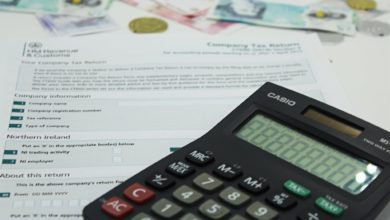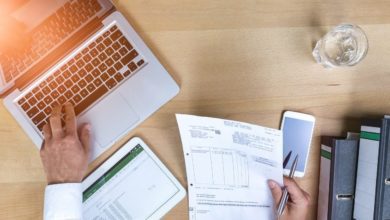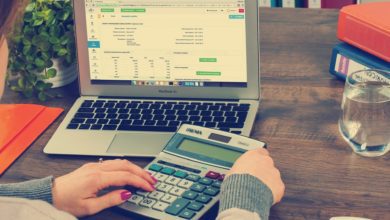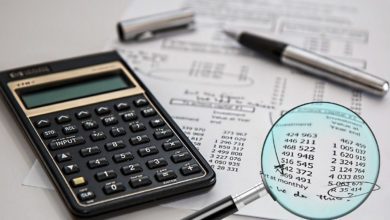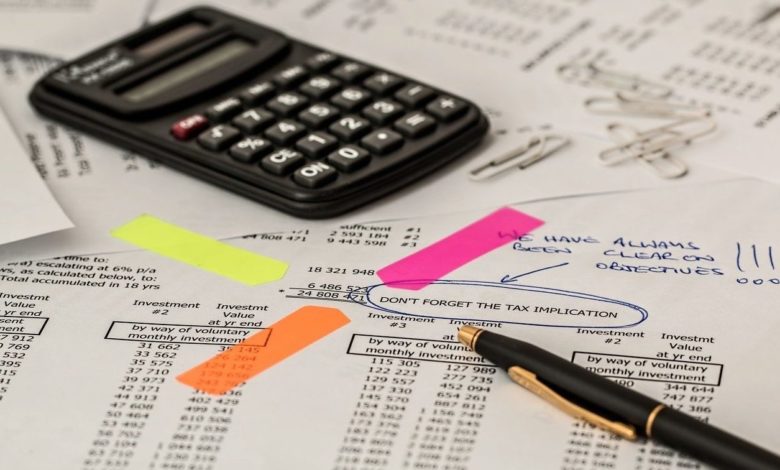
Since the inception of accounting, one particular concept that UK business owners and accountants alike have struggled with for centuries is depreciation.
As simple and straightforward as it may sound, depreciation holds a significant challenge for English decision-makers and financial professionals alike due to all the intricacies involved. From choosing between a straight-line or compound method to taking external factors into account, there are various components that make depreciation a tough concept to wrangle.
Out of all the different factors and concepts to take into account when dealing with depreciation, however, there’s one aspect that most have struggled with: understanding the tax impact of calculating depreciation.
Defining Depreciation
Depreciation, to put it simply, is an accounting method that helps with allocating and determining the cost of both fixed and tangible assets that offer the course of their respective useful lives. Once a company’s cost of goods sold (COGS), operating expenses, and revenue are determined and indicated, depreciation can be calculated after depending on the aforementioned factors.
By allocating a portion of the cost of any type of asset to the periods in which they helped generate revenues or sales, depreciation provides tangible insight into the usage turns into expenses.
The Relationship Between Depreciation and Taxes
The main link between depreciation and taxes lies in the fact that charting a decrease in the value of any asset helps reduce the overall amount of tax a company pays by way of tax deductions.
Given their nature as a cost-related factor that reduces the overall amount of earnings which are used to calculate tax, a company’s depreciation expense helps reduce the overall amount of taxes that are owed. Generally speaking, the connection between a company’s tax payable and the depreciation expenses incurred by its assets is an inverse relationship— can be summed up in the following guidelines:
- As a business’s depreciation expense grows bigger, its taxable income subsequently decreases, and;
- Alternatively, a business’s taxable income increases if the depreciation expense on its fixed and tangible assets decreases
How Calculating Depreciation Impacts One’s Tax
Calculating one’s depreciation expenses on fixed and tangible assets can impact the total amount of tax payable depending on the method used to determine the final value. For instance, using a straight-line basis (or straight-line depreciation) can yield a different final figure as opposed to a double-declining balance method— which causes a variation in exactly how much tax is affected.
Given that each method of calculating a business’s depreciation expense recognises the final value differently, it is important to understand that a chosen approach can affect the total amount of which taxable earnings are reduced— a key factor which correlates with the total amount of tax due.
Conclusion
The depreciation of a company’s fixed and tangible assets can greatly affect the overall amount of tax due as it qualifies as a deductible expense.
Depending on the approach that you use to calculate the total amount of depreciation an asset has, however, will also affect the total amount of tax you owe as each method can yield a varying deductible amount.
By taking the time to understand the intricacies of calculating depreciation and study each method that is used to generate the final figure, you’ll be able to effectively lower your total amount of tax due!
For fresh accountancy news and updates in the UK, subscribe to Accountancy Today.




